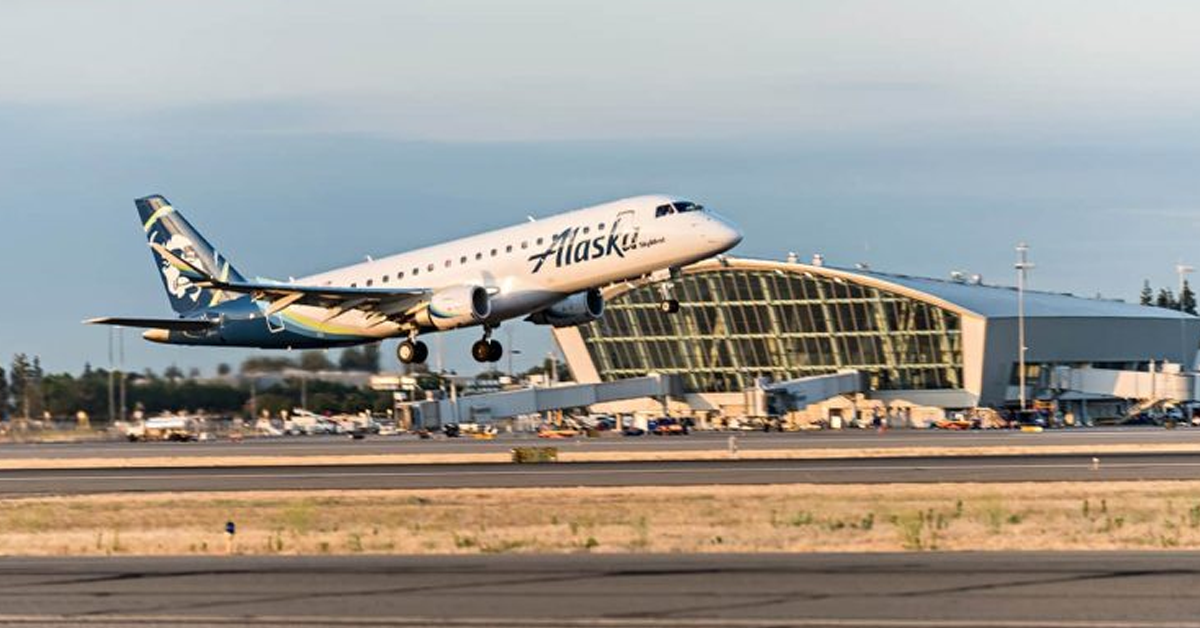Despite approving a budget in time to preserve their paychecks, California lawmakers opted to circumvent the stickiest budget issue of the year.
That issue? A proposal by Gov. Gavin Newsom to rapidly expedite permitting of major infrastructure projects
The big picture: Newsom is facing pushback from state legislators over his plan to expedite the state’s building and permitting process, with fears emerging that Newsom’s true motive is to favor a single project — the long-delayed and long-disputed plan to build a giant tunnel to re-route how the state moves water from north to south.
- The tunnel, known as the Delta tunnel, is a highly-controversial but long-sought update of California’s water delivery system, which is not equipped to handle periods of prolonged drought followed by intense storms.
- Supporters say the project is necessary to ensure a reliable water supply for the state’s residents and farmers.
- However, opponents of the Delta tunnel argue that it would destroy valuable farmland, harm threatened species of fish like the Delta smelt and winter-run Chinook salmon, and cost water users a fortune in the process.
Inside the proposal: Opponents fear that Newsom’s plan to streamline the building and permitting process would aid the development of the tunnel in several ways, including reducing the number of votes needed for proposals to pass the Delta Stewardship Council and ending some permanent protections for the sandhill crane.
- Newsom’s administration denies that the changes to the building and permitting process are aimed at expediting the tunnel. However, debates over his plan have repeatedly turned to the Delta tunnel as budget negotiations speed toward a deadline.
- Democrats who control the state Legislature passed their own version of the state budget on Thursday that does not include Newsom’s proposed changes on building and permitting. It’s a placeholder until legislative leaders can strike a deal with Newsom by the end of the month.
The other side: While Newsom faces pushback in the Legislature, he can still negotiate from a position of strength, as some of the state’s powerful labor unions, which donate vast sums of money to Democratic lawmakers’ campaigns, back his proposal.
- Wade Crowfoot, secretary of the California Natural Resources Agency, has also argued that California needs to triple the amount of new energy projects over the next two decades to keep up with soaring demand for electricity as people and businesses move away from fossil fuels.
- The tension between arid Southern California, where most of the people live, and Northern California, the source of most of the state’s water, underscores the challenges of managing California’s water resources.










